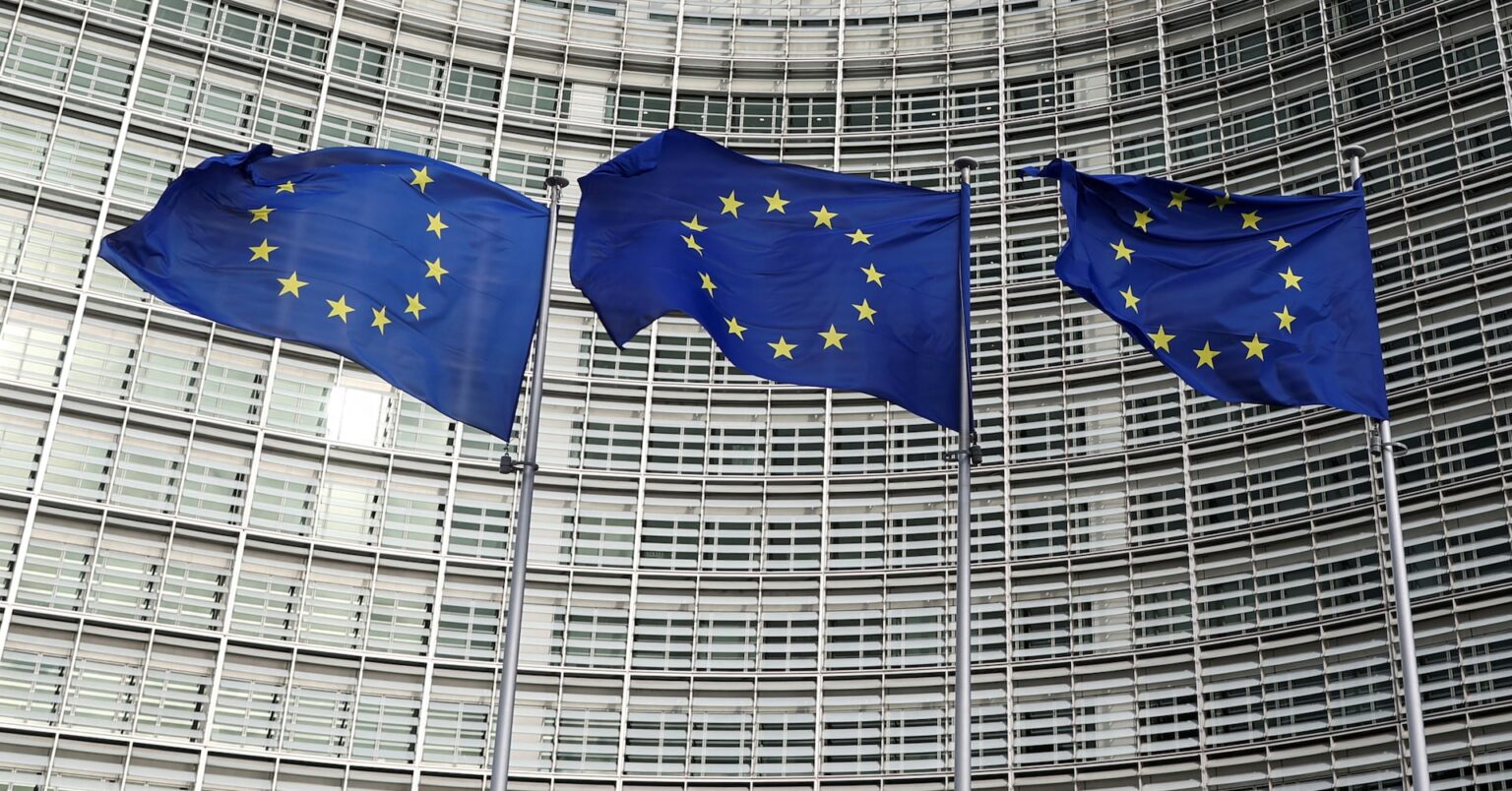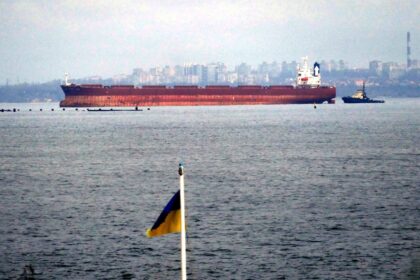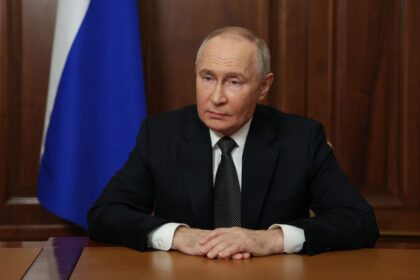**EU Proposes Floating Russian Oil Price Cap**
The European Commission is set to propose a new way of setting a price cap on Russian oil exports. This move comes as part of an updated package of sanctions against Russia for its invasion of Ukraine.
In June, the Commission had proposed lowering the price cap from $60 per barrel to $45 per barrel. However, some member states were hesitant about the impact this could have on their shipping sectors. Now, the Commission is suggesting a more flexible approach that would automatically adjust the price cap based on global oil prices.
This new mechanism aims to make it easier for EU countries to agree on the sanctions package. The current proposal has been met with resistance from some member states, particularly those in the Mediterranean region like Greece and Cyprus. They are concerned about losing business in their shipping sectors if Russian oil traders move operations outside the EU.
**A Compromise Solution?**
The European Commission’s proposed floating price cap could be seen as a compromise solution to address the concerns of different member states. By making it easier to adjust the price cap based on global market trends, the Commission hopes to find a middle ground that satisfies most countries.
However, not everyone is convinced about the merits of this proposal. The US government, for instance, has been hesitant to lower the price cap from $60 per barrel. But with some US Senators now supporting the idea of lowering it, the dynamics could change in Washington.
**Sanctions Package Faces Hurdles**
Even if EU ambassadors manage to agree on the revised price cap mechanism, there are still significant hurdles ahead. Slovakia has expressed opposition to the sanctions package due to concerns about an EU plan to end Russian energy imports by 2027. Since EU sanctions need unanimity for adoption, this could delay or even block the implementation of new measures.
In summary, the European Commission’s proposal to introduce a floating price cap on Russian oil exports represents a creative solution to address the complexities surrounding oil sanctions. While it may not have resolved all issues, it demonstrates a willingness to adapt and find common ground among EU member states.
Read More @ www.reuters.com












